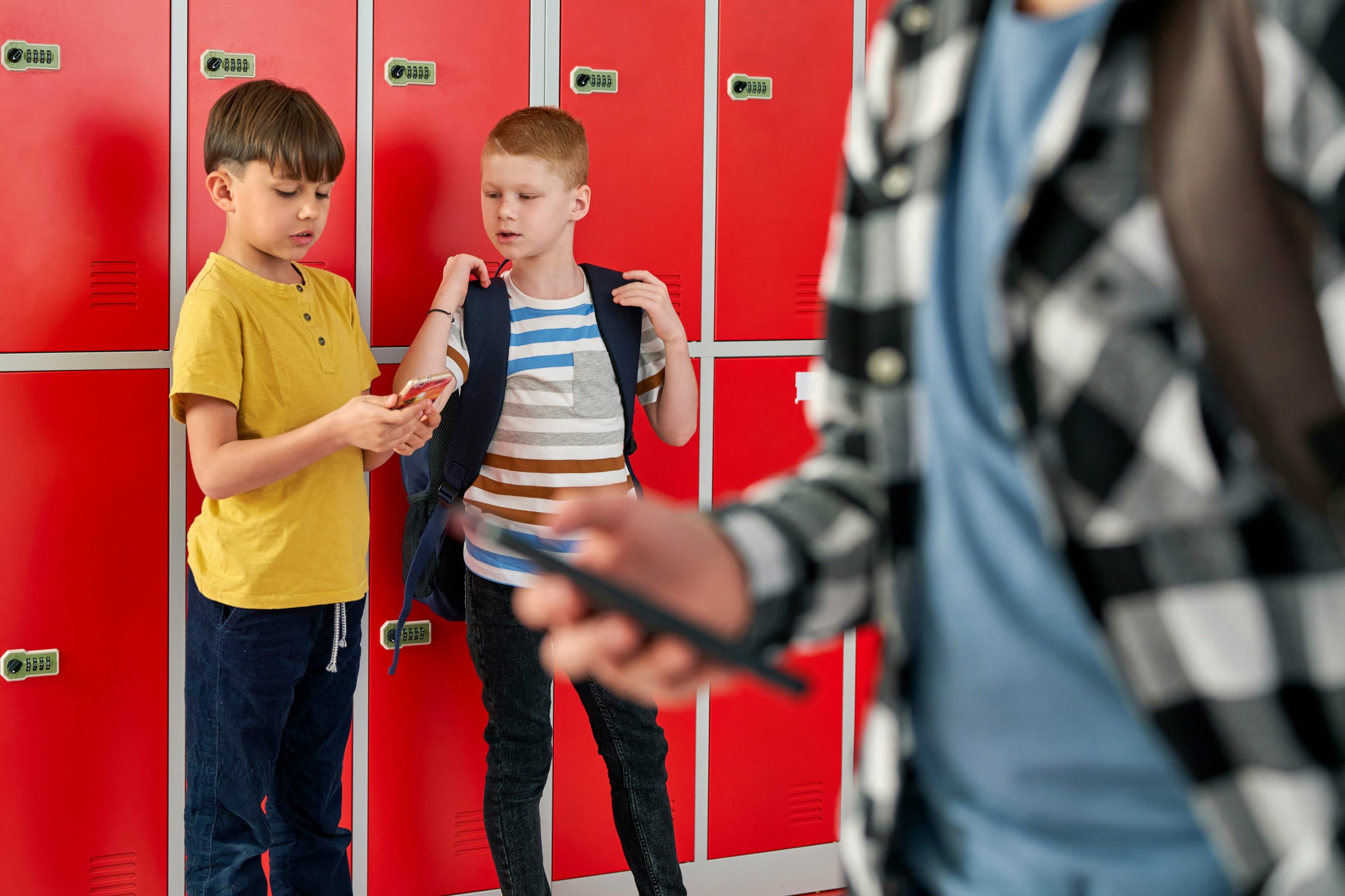
The Inclusive Lighthouse: Guiding Students Toward Belonging
As educators in the municipal sphere, our roles are more than just disseminating knowledge; we also play a significant role in shaping young minds and fostering communities of inclusivity and respect. One of the most effective ways of achieving this is through culturally responsive teaching. This educational approach not only acknowledges, but also respects and values the diverse cultural backgrounds of our students1.
Culturally responsive teaching is based on the understanding that culture is a vital aspect of learning. It's not simply about recognizing diversity but also about incorporating it into the learning process to make it more relevant and engaging for students2. By understanding the cultural backgrounds of our students, we can tailor our teaching methods to meet their needs, ultimately creating a more inclusive and effective learning environment.
One of the major aspects of culturally responsive teaching is empathy. This involves understanding and acknowledging the feelings and perspectives of others, particularly those who come from different cultural backgrounds. Empathy enables us to build connections with our students, fostering a sense of belonging and inclusion3. When students feel seen and understood, they are more likely to engage in the learning process, leading to better outcomes.
Another key component of culturally responsive teaching is respect. This goes beyond simply tolerating differences; it involves genuinely valuing and celebrating diversity. By demonstrating respect for all cultures, we set an example for our students, promoting a more inclusive and respectful community4. This not only benefits the students but also contributes to a more harmonious and diverse society.
In addition, culturally responsive teaching also invol
Read-Only
$3.99/month
- ✓ Unlimited article access
- ✓ Profile setup & commenting
- ✓ Newsletter
Essential
$6.99/month
- ✓ All Read-Only features
- ✓ Connect with subscribers
- ✓ Private messaging
- ✓ Access to CityGov AI
- ✓ 5 submissions, 2 publications
Premium
$9.99/month
- ✓ All Essential features
- 3 publications
- ✓ Library function access
- ✓ Spotlight feature
- ✓ Expert verification
- ✓ Early access to new features
More from Education
Explore related articles on similar topics





